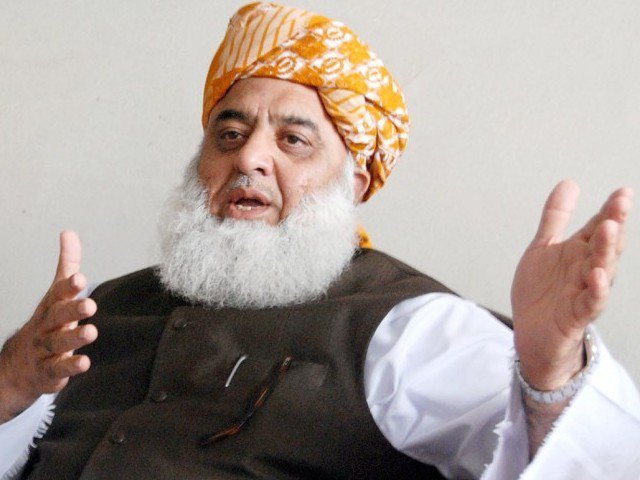An international webinar titled ‘Women & COVID-19: Correlation & Causation’ concluded that women leaders have been hailed with the way they have dealt with the coronavirus as many of them have demonstrated decisiveness, resilience and humility during the pandemic, not only saving thousands of precious lives but also steering their economies out of crisis much earlier than the rest of the world.
The online seminar was addressed by female health experts and scientists from Malaysia, Australia, Thailand, India, Brazil, Saudi Arabia, South Korea, the United States and Pakistan.
They said women-led governments proved to be more people-friendly as compared to male-dominant ones. They paid rich tributes to prime ministers of New Zealand, Taiwan, Norway, Denmark and Finland, they said women leaders took timely and bold steps well before the novel coronavirus reached their countries, while men wasted precious time and waited until the disease wreaked havoc on their soils.
Dr Sharmila Sachithanandan from Malaysia said that when the novel coronavirus started spreading in the world, male leaders downplayed its risks and wasted precious time in taking decisions.
However, she added, the few female leaders and heads of state took bold steps, spoke to everybody and, after listening to a variety of experts, took decisions that saved thousands of lives from New Zealand to Scandinavia and Asia.
“The exemplary leadership qualities shown by some female heads of state and the health minister tell that we need more women in leadership roles in the world.”
Dr Lubna Kamani, who works for both Liaquat National Hospital and Aga Khan University Hospital, said that as physicians, nurses and support staff, women are playing an important role in taking care of COVID-19 patients in the world, including Pakistan where over 80 to 90% of the doctors and nurses are women.
MMIDSP President Dr Bushra Jamil said men are more likely to practice unhealthy habits, including washing their hands less frequently, as compared to women. She said men smoke more as compared to women, while their genetic composition and physiological difference make women less prone to dying from COVID-19.
Dr Majidah Abdulfattah Bukhari from Saudi Arabia spoke on ‘Risk of COVID-19 in pregnancy’, pointing out that pregnant women are more at risk of contracting respiratory viruses and illnesses. She said COVID-19 is affecting pregnant women in a similar manner as other respiratory viruses.


















































